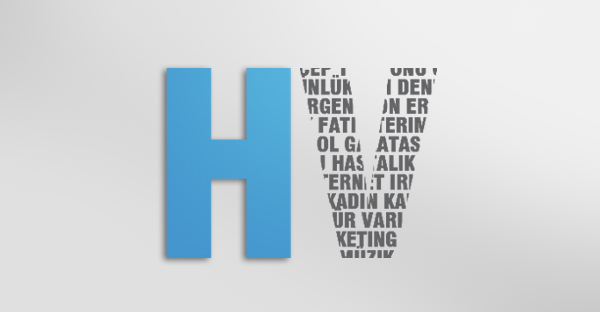In the suffocating political atmosphere of the early 19’/80s in Turkey, a music album, Ada (Island) was being played in all around leftist circles and the lyrics were known by heart by countless young people religiously. I still remember the mesmerizing effect of that powerful voice of the male singer on the masses. The lyrics were full of hope and promising happy days ahead. B
……………
On passionless absence
On naked solitude
On the marches of death
I write your name
On health that’s regained
On danger that’s past
On hope without memories
I write your name
By the power of the word
I regain my life
I was born to know you
And to name you
LIBERTY
The lyrics were taken from Paul Éluard famous poem, “Liberté.” Éluard’s verses reflected the times of war and destruction of 1942 and fitted Turkish bruised psyche perfectly. It was chanted by heart and by soul of millions in the marches and protests. Prisoners whispered the lyrics in their cells to encourage their comrades. This song meant so much to a generation of people with lost hopes and dreams. It was simply the symbol of resistance to oppression and fascism. The singer who made such an influence on the masses was Zülfü Livaneli. He sang this song along with others in “Ada” album in all his live concerts. Obviously the magic was still there.
A few days ago, this beautiful song was heard on television—this time as jingle of a telephone company’s commercial. The British Telecommunication Giant, Vodafone was promoting its 3-G services. Livaneli was singing “Liberty” in its original version in a commercial to show the customers how liberated they will be if they use fast internet connection. That was not the kind of revolution masses were hoping for but it was definitely a technological one!
How on earth could a left-wing singer (also a claiming author, a film-director, a columnist) sell one of the greatest symbols of an era—an era of suffering and pain? The next day I read on the newspapers that the price tag on copyright of “Liberty” was 300 thousand dollars. He had sold this song’s rights to Universal Music Company in a deal where he would not be able to sing this song in any of his concerts and performances. That was definitely quite a ride from Éluard’s heart right to the transnational company’s lap and into Livaneli’s pocket!
Upon his fans’ reactions, he answered by quoting Nazim Hikmet, the master of Turkish poetry, saying that he wanted his songs “to go on the street” and to become popular again







